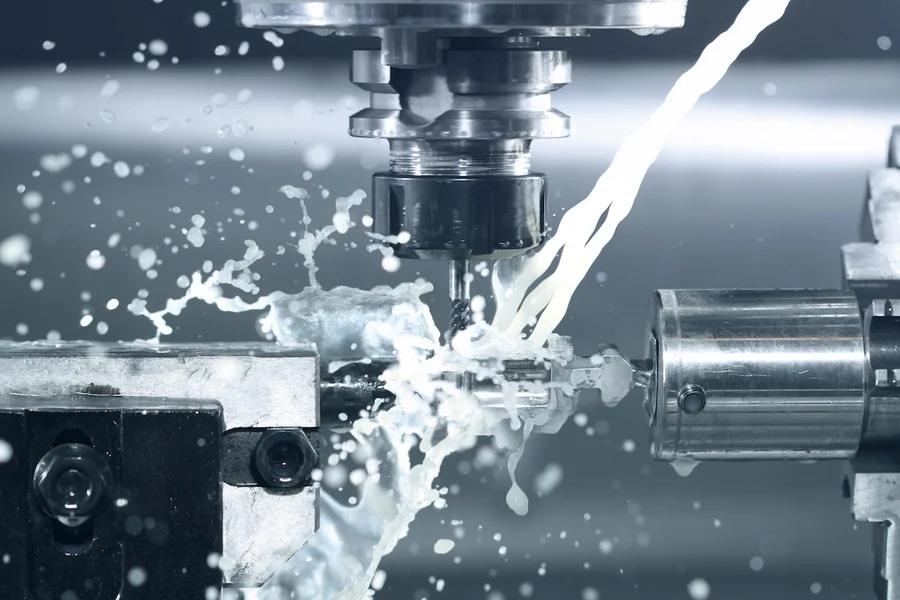
Water plays an essential role in almost every industry, from agriculture to manufacturing, and clean water storage is an important factor that significantly impacts the quality of goods produced. In India, where industrial growth and production are vital to the economy, the quality of water used in manufacturing processes directly affects the quality of the end products. In this article, we explore how the storage and management of clean water influence the quality of Indian manufactured goods.
The Role of Water in Manufacturing
Water is a critical resource in various stages of production, including processing, cooling, cleaning, and even in the formulation of raw materials. In industries such as textiles, pharmaceuticals, food processing, and chemicals, water is not only used for washing and diluting, but also for ensuring consistent production processes. If the water used is contaminated or of poor quality, it can introduce impurities that negatively affect the final product, leading to defects, inefficiencies, and safety concerns.
Clean Water Storage: A Key Factor
Clean water storage involves the proper containment and preservation of water to ensure that it remains free from contaminants. In India, where access to clean and safe water can be inconsistent, especially in rural and industrial areas, the storage systems in place are of utmost importance. Industrial water storage tanks and reservoirs need to be regularly maintained to prevent the buildup of contaminants like bacteria, algae, and chemicals. The design of these systems must be such that it avoids any contamination during the storage process, ensuring that the water remains of high quality when used in manufacturing.
Impact on Product Quality
Textile Industry
In the textile industry, water is crucial for dyeing, finishing, and washing fabric. If the water used in these processes is contaminated, it can affect the color consistency, texture, and overall quality of the fabric. Water that contains high levels of minerals or chemicals can lead to color fading, fabric discoloration, or even the weakening of the material. Clean water storage ensures that manufacturers can maintain high-quality standards and produce durable, aesthetically pleasing textiles.
Food Processing and Beverages
The food and beverage sector also heavily depends on clean water for production. Water is used in cooking, cleaning, and even packaging processes. Any contamination in the water can result in compromised hygiene standards, impacting the safety and taste of the final product. Poor water quality can lead to spoilage, contamination, or the presence of harmful microorganisms that make the products unsafe for consumption. Proper clean water storage helps maintain hygiene levels and guarantees the safety of food products.
Pharmaceutical Manufacturing
Pharmaceuticals require high standards of cleanliness and safety. Water used in this industry must be treated to meet specific standards of purity. If water storage systems are not maintained properly, there is a risk of introducing contaminants that could affect the quality and efficacy of medicines. Clean water storage ensures that pharmaceutical products are produced under controlled conditions, meeting regulatory requirements and providing reliable health benefits.
Chemical and Paint Industries
In industries like chemicals and paints, water is involved in the formulation and mixing of raw materials. Contaminants in the water can react with other chemicals, leading to defective products. For instance, paint manufactured with poor quality water might not set properly or could exhibit undesirable properties, affecting performance and durability. Storing clean water helps manufacturers avoid such issues and ensures consistent product quality.
Conclusion
Clean water storage is an often overlooked yet critical factor in ensuring the quality of manufactured goods in India. From textiles to pharmaceuticals, the purity of water used in production directly impacts the integrity of the final product. As the country continues to grow industrially, maintaining clean water storage systems will be essential in supporting the manufacturing sector’s ability to deliver high-quality goods that meet global standards.


